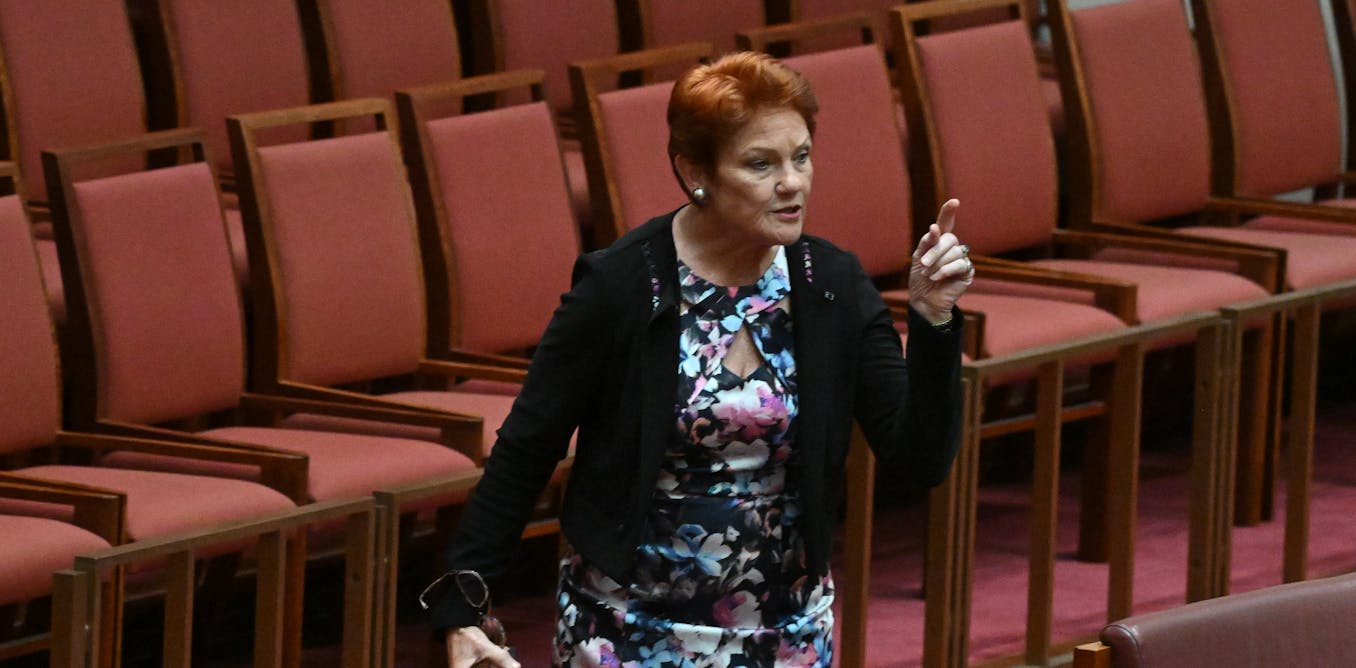
The closure of the esteemed literary journal Meanjin has sparked a broader conversation about the state of literary culture in Australia. This development highlights a growing concern over the diminishing support for literary arts, as noted by Karl Quinn in his recent analysis. While countries like France and the UK actively bolster their literary sectors through tax incentives and supportive policies, Australia seems to be lagging behind.
In France, for instance, the value-added tax (VAT) on books is a mere 5.5%, significantly lower than the 20% applied to other goods. The UK goes a step further by imposing no VAT on books. These policies have tangible effects: Paris boasts approximately 800 bookstores for its 10.5 million residents, whereas Melbourne has around 100 for a population of 5.5 million. This stark contrast underscores the impact of governmental support on the literary landscape.
Challenges Facing Australian Literary Culture
The decline of Meanjin serves as a poignant example of the challenges facing Australian literary culture. According to Nielsen Bookscan, the Winter Edition of Meanjin sold only 169 copies, with 61 purchased through Readings, a prominent local bookstore. This lack of sales reflects a broader trend of dwindling appreciation and support for literary publications.
Mark Rubbo, chairman of Readings, expressed concerns about the federal government’s new initiative, Writers Australia, which he fears may offer insufficient support to writers. “The best way to support authors is by buying their books,” Rubbo noted, emphasizing the importance of a robust bookselling environment for literary success.
Voices Silenced in the Literary Arena
Duncan Reid, a former guest editor for Meanjin, lamented the potential loss of diverse voices in the literary community. “My question for Melbourne University Publishing: whose voices are you silencing?” Reid asked, highlighting the magazine’s role in amplifying Indigenous and other marginalized voices. The closure of Meanjin raises concerns about the platforms available for such voices in the future.
The Role of Institutions in Cultural Preservation
David Murray-Smith of Fitzroy criticized the University of Melbourne’s decision to cease funding Meanjin, describing it as “cultural vandalism.” He argued that the university has benefited from Meanjin’s cultural contributions over the decades, yet seems oblivious to its role in supporting the journal.
“Little magazines have an importance that extends way beyond the narrow metrics of sales and subscriptions,” Murray-Smith emphasized.
This sentiment is echoed by many who believe that institutions should play a proactive role in preserving cultural assets, especially when they contribute to the intellectual and cultural fabric of society.
Looking Forward: The Future of Literary Culture
The closure of Meanjin leaves aspiring writers questioning their future prospects. David Jeffery from East Geelong expressed his concerns, noting that publications like Meanjin offered a stepping stone for writers to gain recognition. “Where do writers go now?” he asked, pointing out the limited options remaining for literary publication in Australia.
As Australia grapples with these challenges, there is a pressing need for a comprehensive strategy to support and nurture its literary culture. This includes not only financial support but also fostering an environment where diverse voices can thrive and contribute to the national discourse.
The conversation surrounding Meanjin’s closure is a reminder of the vital role that literary culture plays in shaping societal values and preserving cultural heritage. As countries like France and the UK demonstrate, active support from both government and institutions can make a significant difference in sustaining a vibrant literary community.
The hope is that Australia will recognize the importance of its literary culture and take meaningful steps to support it, ensuring that voices from all walks of life continue to be heard and celebrated.







